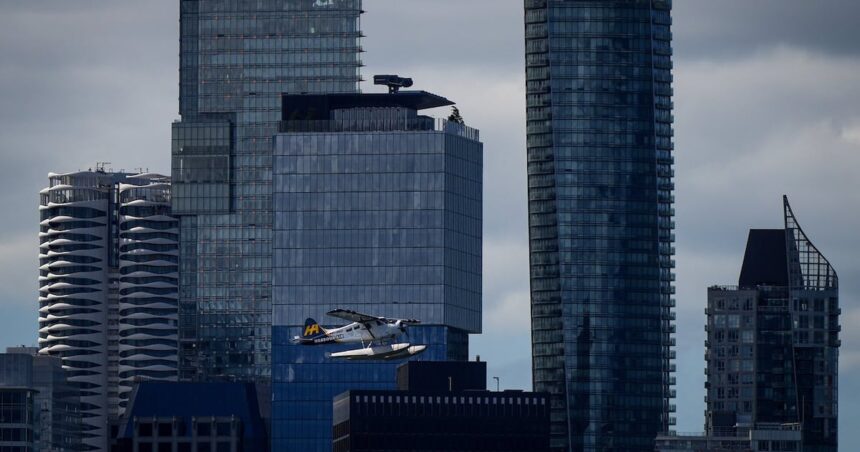Vancouver’s once-scorching housing market posted a 10% decline in home sales for June 2025 compared to the same month last year, though experts suggest underlying indicators point toward recovering market momentum despite persistent affordability challenges.
The Real Estate Board of Greater Vancouver reported 2,973 residential property sales last month, down from 3,285 in June 2024. While the year-over-year comparison shows a noticeable decline, month-over-month data reveals a more nuanced picture with sales actually increasing 4.7% from May, suggesting a potential shift in market dynamics.
“What we’re seeing is a market in transition,” explains Andrew Lis, REBGV’s director of economics and data analytics. “June’s modest increase over May signals that buyers who have been sitting on the sidelines may be gradually returning to the market as they adjust to current interest rate conditions.”
The benchmark price for all residential properties in Metro Vancouver reached $1.43 million in June, representing a 2.1% increase compared to June 2024 and a 0.5% uptick from May 2025. This marks the third consecutive month of price growth after a period of stagnation earlier in the year.
Inventory levels have shown significant improvement, with 14,078 homes listed for sale on the Multiple Listing Service for the region, up 18.4% from June 2024. New listings totaled 6,143 in June, an 8.7% increase from the same month last year, offering buyers more options in what has traditionally been a supply-constrained market.
“The increase in inventory is creating more balanced conditions,” notes Amanda Davies, a Vancouver-based real estate analyst with Meridian Housing Economics. “Buyers finally have room to negotiate and potentially secure properties without the frenzied bidding wars we’ve seen in previous years.”
The sales-to-active listings ratio—a key measure of market pressure—stood at 21.1% for all property types in June. While still technically within what analysts consider a seller’s market (above 20%), this represents a cooling from the 25-30% ratios seen throughout much of 2024.
By property type, detached homes saw the most significant sales decline at 13.2% year-over-year, while apartment and townhouse sales decreased by 8.4% and 6.9% respectively. Price appreciation was most robust in the townhouse segment, which saw a 3.2% annual increase to $1.13 million.
The Fraser Valley Real Estate Board reported similar trends, with overall sales down 12% compared to June 2024 but showing a 5.3% improvement from May 2025. Benchmark prices in the region hit $1.06 million, up 1.3% year-over-year.
Industry watchers attribute the sales slowdown primarily to the Bank of Canada’s cautious approach to interest rate adjustments. Despite a modest 25-basis-point cut in June—the second reduction this year—mortgage rates remain significantly higher than pre-pandemic levels.
“The market is recalibrating to a new normal,” says Lis. “While we’re not seeing the explosive growth of previous years, more stable price appreciation and improving supply levels could actually represent a healthier, more sustainable market over the long term.”
Government policies aimed at cooling investment activity and improving affordability also continue to influence market dynamics. British Columbia’s foreign buyer ban, empty homes tax, and recently enhanced speculation tax have reduced some forms of market pressure, while new construction incentives have helped boost supply pipelines.
As Vancouver’s housing market navigates this transitional period, the question remains: will improving inventory and stabilizing prices finally provide meaningful relief to local buyers, or are the fundamental affordability challenges of Canada’s most expensive housing market simply too entrenched to overcome without more dramatic intervention?










